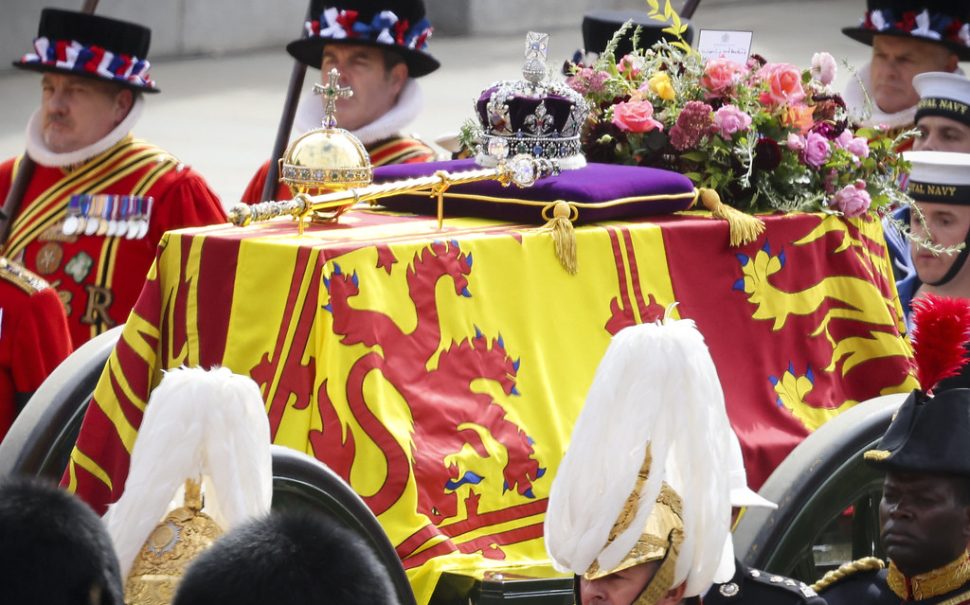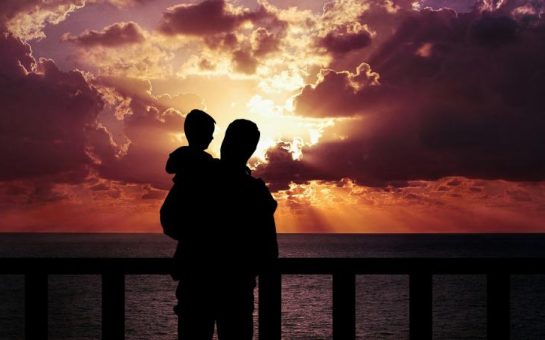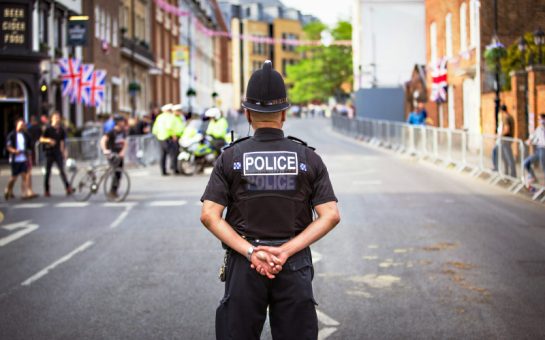Generational divides have been exposed after YouGov data revealed what Brits think the biggest event of the last 25 years was.
In a survey of 2215 British adults’ younger generations were drawn towards the COVID-19 pandemic and 9/11 whilst older generations responses were much sparser.
The 9/11 attacks were chosen by 34% of 18–24-year-olds, and economics graduate Evie Kelly, 22, believes it was due to its global impact.
She said: “9/11 struck fear across the world and it’s definitely my first thought.
“I think it changed people’s view of the world.”
Kelly recalled how her mum was pregnant with her during the attacks and is reminded of the fear her mum told her about at the time.
Older generations were more likely to say the death of Queen Elizabeth II and Russia’s invasion of Ukraine, with only 8% of 65+ voting 9/11 despite living through it.
Both 9/11 and the pandemic scored highest in the overall survey, with the pandemic scoring strong amongst all age’s groups.
The 65+ group was led with the death of the Queen at 22%.
Administrative assistant Rita Lindsay, 72, was born just a year before Queen Elizabeth II was crowned and believes her passing was the most significant event in the last 25 years.
Lindsay said: “I feel that her death marked the end of that dedication to duty and that we will never see the likes of her again.
“In my opinion she was the most remarkable woman of her time.”
Director of history and policy at the Institute of Historical Research Philip Murphy said data reflected the lived experiences of different generations.
He said: “When people think about history they think about Kings and Queens, the amount of coverage these events get and the nature of this coverage.”
Murphy explained the significant mainstream media coverage of the Queen’s death, paired with traditional media consumption of older generations may lean into the results.
However, he drew attention to the recency bias, given the heavy media coverage that he suggested encouraged the feeling of significance.
Murphy believes older generations veering away from 9/11 may be due to their longer-lived experiences through different crisis, compared to their life living alongside the Queen.
Whereas for younger generations, Murphy discussed the potent media images which came from the 9/11 attacks and the lasting legacy that shaped those who were born around the time.
He added the event’s lasting legacy in modern media with podcasts, documentaries and even conspiracy theories make it an understandable choice for those who were born around the time it occurred.
Murray said: “It pretty much starts that period.
“It kind of twisted the way which we saw the world go.”
Murphy proposed differing lived experiences throughout different crisis along with media consumption was likely to differentiate generational views.
He said: “From a historian’s point of view when you analyse the significant of an event you kind of ask two questions really.
“You’re asking what were the immediate repercussions? How broad and traumatic and widespread were they but also what is the longer-term consequences of it?”
Image Credit: Rory Arnold on Flickr





